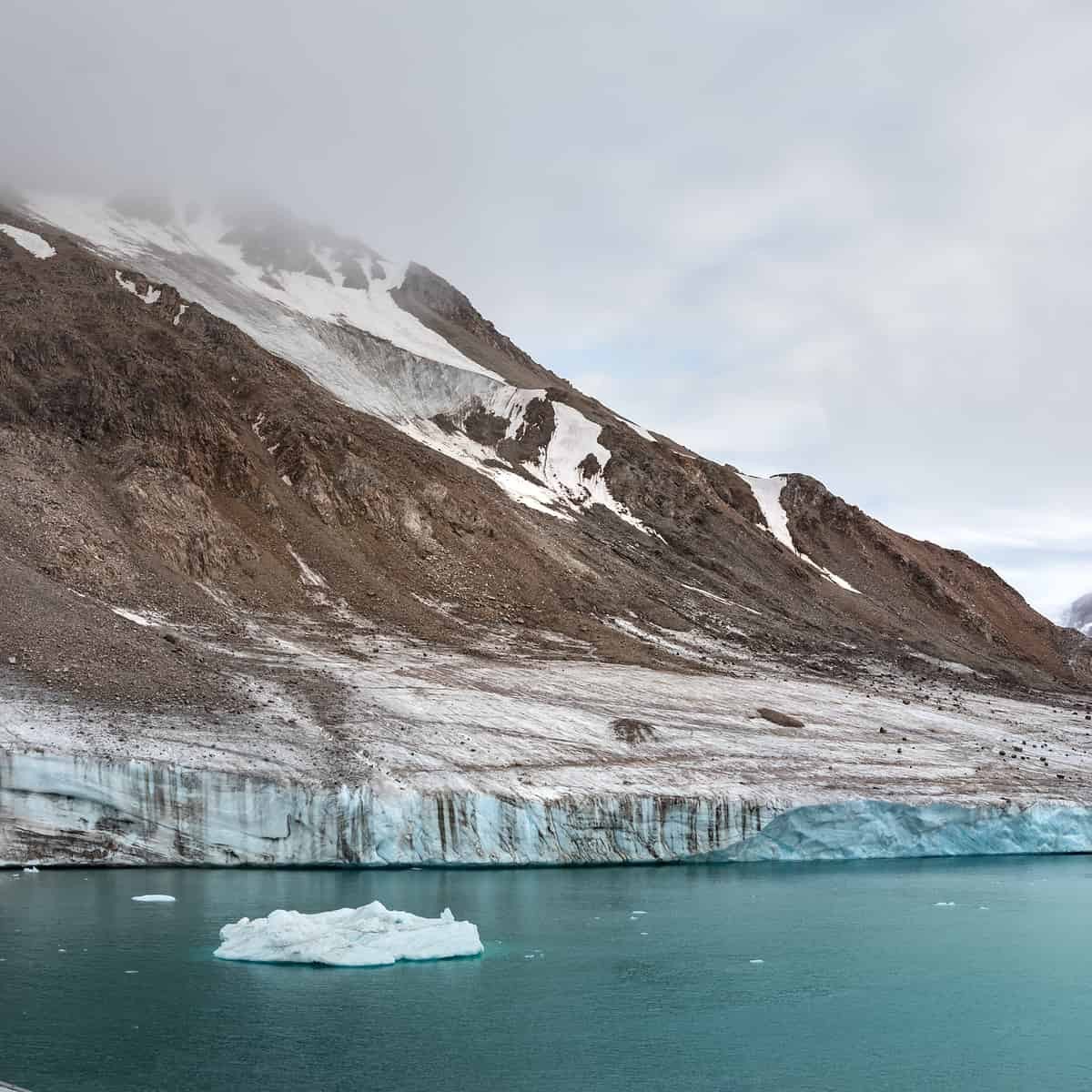The Alfred Wegener Institute has released the findings from an international review study, showing that large amounts of plastic debris have now made it into the waters of the Arctic Ocean.
The results were published in the journal Nature Reviews Earth & Environment.
Sadly, the researchers have found that the Arctic is as heavily polluted by microplastics as other more densely populated regions of the earth. Everything from rivers, remote beaches, the seafloor, even ice and snow are now polluted with these plastics.
Commenting on the findings, Dr. Melanie Bergmann from the Alfred Wegener Institute’s Helmholtz Centre for Polar and Marine Research stated:
“The Arctic is still assumed to be a largely untouched wilderness. In our review, which we jointly conducted with colleagues from Norway, Canada and the Netherlands, we show that this perception no longer reflects the reality. Our northernmost ecosystems are already particularly hard hit by climate change. This is now exacerbated by plastic pollution. And our own research has shown that the pollution continues to worsen.”
Bergmann added:
“Unfortunately, there are very few studies on the effects of the plastic on marine organisms in the Arctic. But there is evidence that the consequences there are similar to those in better-studied regions: in the Arctic, too, many animals – polar bears, seals, reindeer and seabirds – become entangled in plastic and die. In the Arctic, too, unintentionally ingested microplastic likely leads to reduced growth and reproduction, to physiological stress and inflammations in the tissues of marine animals, and even runs in the blood of humans…Our review shows that the levels of plastic pollution in the Arctic match those of other regions around the world. This concurs with model simulations that predict an additional accumulation zone in the Arctic.”
Sadly, the researchers believe that the plastics may, in the long term, make the effects of climate change in the Arctic even worse, with Bergmann adding:
“But the consequences might be even more serious. As climate change progresses, the Arctic is warming three times faster than the rest of the world. Consequently, the plastic flood is hitting ecosystems that are already seriously strained. The resolution for a global plastic treaty, passed at the UN Environment Assembly this February, is an important first step. In the course of the negotiations over the next two years, effective, legally binding measures must be adopted including reduction targets in plastic production. In this regard, the European countries including Germany must cut their plastic output, just as the rich Arctic States have to reduce pollution from local sources and improve the often virtually non-existent waste and wastewater management in their communities. In addition, more regulation and controls are called for – with regard to plastic debris from international shipping, and fisheries.”
Check out the full report here.

